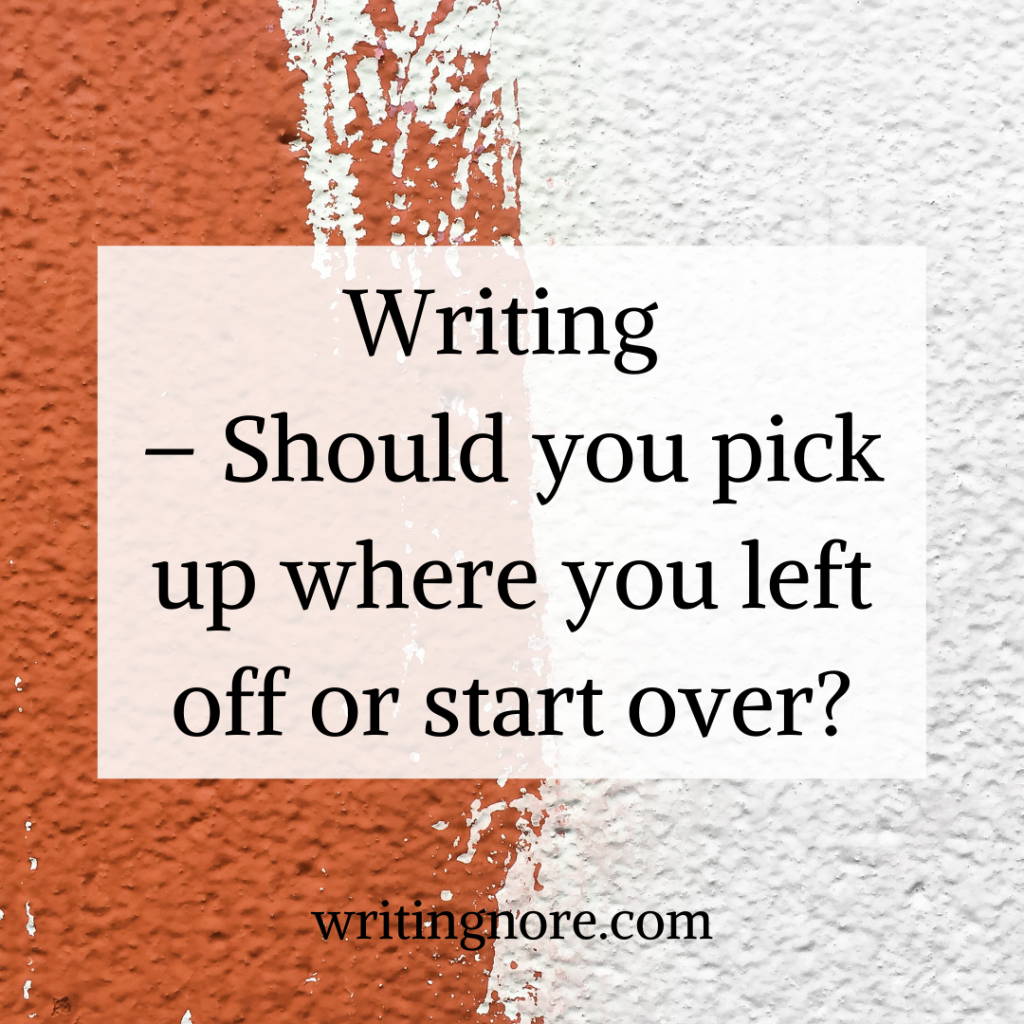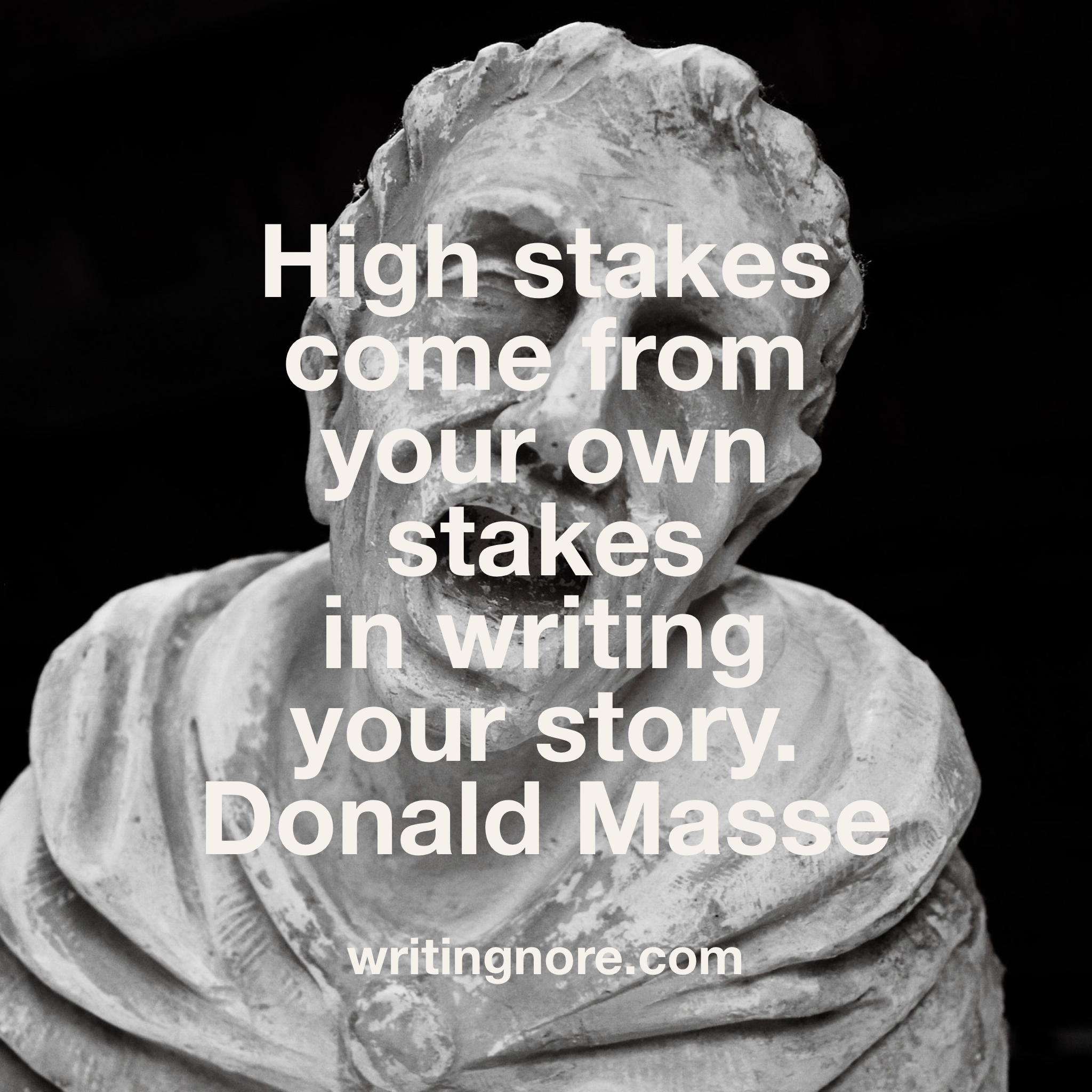
There can be great value in paying a professional to help you develop your manuscript and writing skills. But it’s not cheap and there can be pitfalls resulting in wasted money and blows to your confidence.
Here are some tips to help you work out whether hiring one or more of these experts might be worthwhile, and if so, how to choose the right person for you and your work. Remember, if you going pay someone to help improve your work, they will find things wrong with it. So finding the right person at the right stage of drafting is crucial.
I’ve used two editors for my manuscript (which recently attracted a publisher) along with a mentor. I’ve also had a manuscript assessment done. Two of these processes were great learning experiences, one was a disaster and the other was poor value for money.
What do mentors, editors and manuscript assessors do?
Mentors
Engaging a mentor is a medium-priced avenue of paid support that sounds great—hiring an experienced author you respect who understands the ups and downs of the writing process to provide you with detailed one-on-one coaching.
But being a published author doesn’t automatically qualify someone as a good mentor. A good mentor sees this work as part of their profession, not just as easy money.
I went through a writer’s centre and engaged a mentor under agreed written terms, which included assessing 3-4 chapters at a time because I wanted guidance as I redrafted so as not to repeat mistakes. The mentor quickly reneged on those, saying they preferred to look at whole manuscripts only. Also, their comments revealed that they didn’t understand my genre and had made many incorrect assumptions. When I questioned them about their feedback in a genuinely inquisitive way, they became defensive. Nothing positive came from this expensive experience for me.
Editors
A full copy edit includes an experienced editor looking at your entire manuscript and considering structure, voice, point of view, character and style. They present their findings in a report, but also do a line edit, checking each word through track changes. This is the most expensive of the three processes and theoretically the most thorough, although I’ve found that editors’ attention wanes the further they progress into your manuscript.
It’s most important when choosing this option to be certain that your manuscript is at the right stage. Too early and you won’t get value for money because your draft is underdeveloped and not yet ready. This is what happened to me and I feel the editor should have warned me. Too advanced and all the editor will be left with is nit-picking, which can be bad for confidence.
During my second-to-last draft, I engaged a different editor to look at the first third of my novel line by line because by this stage I was most interested in improving my style as opposed to dealing with structural or other big picture issues. I then applied what I learned to the rest of my manuscript, which lifted my writing considerably.
Manuscript Assessments
This is a 10-12 page report that looks at the same issues as an editor but without the additional line edit. Often, the assessor will also ask you to submit a synopsis, publisher letter, author bio and pitch for comment, which can be very useful. This is by far the cheapest, and I think the best value option.
I went through an agency to get my manuscript assessment done. I was thrilled that they matched me with an assessor who was obviously across my genre, thorough, professional and concise. Quality, not quantity, was what this assessment was about.
Guidelines for choosing writing support:
- Do your research to find the right person for you and your manuscript. What’s their experience, do they understand your genre, are they interested in your manuscript, are they over committed, are you a good personality fit, will they talk through their thoughts with you or write them down? Ask other writers for recommendations and interview each candidate. You can even test them out with a chapter of your work (many will agree to this)
- Set agreed terms in writing so there’s no confusion. This might include stating the aims of your partnership, how much of your work they’ll review and within what timeframe, the price and what level of comment they’ll provide (high level overview and/or detailed word for word)
- Any feedback must be constructive, aimed at supporting and bettering your work, not pulling it (or you) down. You want to come out more empowered and your work stronger
- The person you engage must allow you to retain control of your work rather than forcing their personal preferences on you. A good teacher will help you find what it is you really mean to say
- They also need to be confident in themselves, welcoming questions without feeling threatened
- Whoever you hire, they must be professionally interested in your work and not just your money.
‘I hear and I forget. I see and I remember. I do and I understand.’ Confucius









